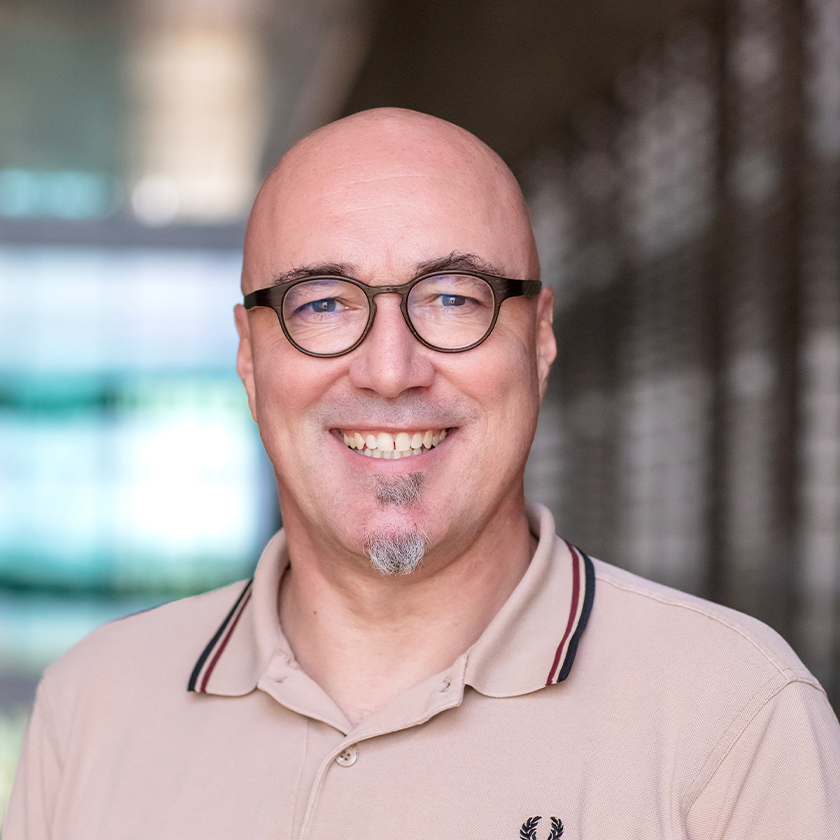
Wolfgang Fischle
Professor, Bioscience
Biological and Environmental Science and Engineering Division
By defining the molecular details of epigenetic regulation, we provide the foundation for developing new diagnosis and therapy approaches for multiple diseases.
Program Affiliations
Biography
Professor Wolfgang Fischle joined KAUST as Full Professor in Bioscience in 2015. His research focuses on understanding the molecular principles of genome regulation with a particular focus on chromatin structure and function. Prior to joining KAUST, Professor Fischle was a Max Planck Research Group Leader at the Max Planck Institute for Biophysical Chemistry in Göttingen, Germany, and a member of the Göttingen Graduate Center for Neurosciences, Biophysics, and Molecular Biosciences. He has published more than 100 papers, collecting over 20,000 citations. Professor Fischle has been a board member of the European Network of Excellence in Epigenetics (Epigenome) and serves on the editorial boards of the Journal of Biological Chemistry and Cell and Molecular Life Sciences. He is also a member of several professional societies and funding review committees in the life sciences.
Research Interests
Professor Fischle studies chromatin architecture, function, and dynamics with a particular emphasis on chemical modifications of histone proteins and DNA. His passion is to delineate the processes that signal to and from chromatin on a molecular level. For that, he integrates highly multidisciplinary approaches drawing from biochemistry, biophysics, molecular biology, cellular biology, structural biology, and bioinformatics. Professor Fischle and his team apply state-of-the-art methodologies and develop new experimental approaches. The paradigm of Professor Fischle’s research is “insight must precede application” (quotation of Max Planck, 1858 – 1947) following the concept that comprehending the basic regulatory principles of life is essential for developing new diagnosis and therapy approaches for multiple diseases.
Education Profile
Dr. rer. nat. (PhD), University of Tübingen, Germany, 2002
Diploma (MSc) in Biochemistry, University of Tübingen, Germany, 1996
Prediploma (BSc) in Biochemistry, University of Tübingen, Germany, 1994
Awards and Recognitions
Publications
Multimedia
- - ResearchGate

